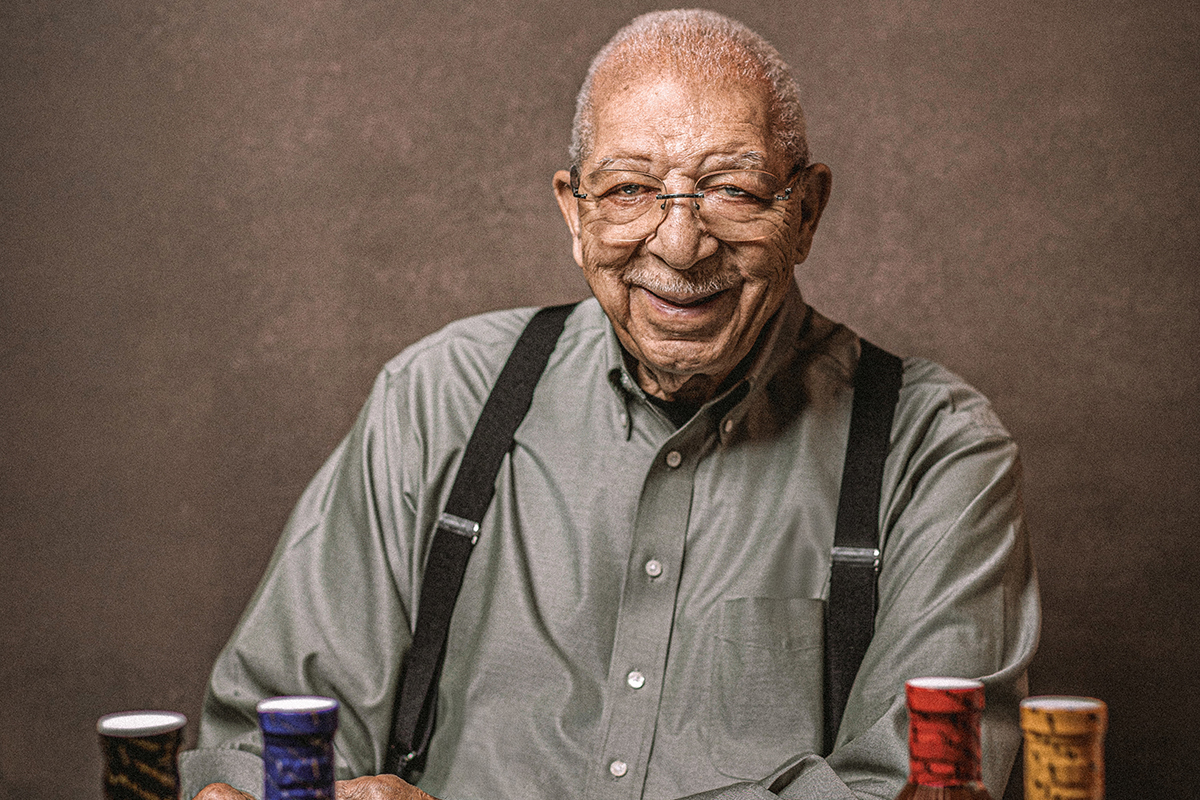Kansas City recently made headlines after two LGBTQ-themed books—All Boys Aren’t Blue by George M. Johnson and Fun Home by Alison Bechdel—were pulled from shelves in the North Kansas City School District. The move came after a group called the Northland Parent Association raised concerns about the way the authors discuss gender and sexuality.
The situation garnered national news coverage, spawning headlines in the New York Times and the New York Daily News and on conservative political news site The Hill. After a few weeks, the books were returned to shelves.
Although the situation drew lots of attention, it appears to be isolated. Kansas City magazine filed public records requests with the seven largest school districts in the area, including Kansas City Public Schools, Olathe Public Schools and Shawnee Mission School District. The requests show that no other district has deemed any books in their library to be inappropriate for students or had any challenges to existing books.
The fight, however, may just be heating up, with organizations like the American Library Association preparing to battle conservative activists. The battleground, they expect, will be books with LGBTQ+ themes and books that discuss the country’s history of racism.
“Books have been challenged and removed for a variety of reasons, such as profanity, questioning adult authority, drug use or teen sex,” says Deborah Caldwell-Stone, director of the American Library Association’s Office for Intellectual Freedom. “But recently, groups have targeted books addressing LGBTQ+ concerns or themes and books addressing racism, Black history or police violence against Black persons or persons of color.”
The group that pushed for the book ban, which calls itself the Northland Parent Association and is led by Jay Richmond, raised the issue in an October school board meeting. On Facebook, the group has called Johnson’s and Bechdel’s books “pornographic” and deemed them inappropriate for their children. Kansas City attempted to reach the Northland Parent Association for comment multiple times. On our final attempt, spokesperson Natalie Scholl told the reporter she was “busy” and hung up the phone.
Within the group and on a similar Facebook page, Clay County Missouri Conservative, a spreadsheet of books deemed inappropriate was shared among parents. The spreadsheet included books such as August Wilson’s Pulitzer Prize-winning Fences and Nobel prize-winning author Toni Morrison’s The Bluest Eye.
“We are observing an ongoing effort to police the reading materials available to young people in order to affirm a particular view of history and society,” Caldwell-Stone says.
While book banning has been around since books, the push to remove specific subject matters has risen in the past months. It isn’t limited to Kansas City—school libraries around the country have seen more and more attempts to pull books from the shelves.
In Virginia Beach, The Bluest Eye and Jonathan Evison’s Lawn Boy, which talks about wealth disparity and making assumptions based on race, were pulled from schools after being challenged by school board members. In Texas, Out of Darkness by Ashley Hope Pérez, a story about an interracial relationship during a volatile time in Texas, was pulled from school libraries before the consideration process outlined in the school’s policies had occurred. The common thread linking many of the books recently banned in schools around the nation is clear: they all focus on stories about minorities.
The attempt in the North Kansas City School District was met with opposition, especially from students. The students spoke at the school board meeting on November 22, explaining how the banned books provided perspectives that were crucial to avoiding the spread of ignorance. It’s just what librarians like Caldwell-Stone want to see.
“Rather than teaching lessons in censorship, we should affirm the importance of the freedom to read and to demonstrate to young people that, in this country, they have the right and responsibility to think critically about what they read,” Caldwell-Stone says, “rather than allowing others to do their thinking for them.”






